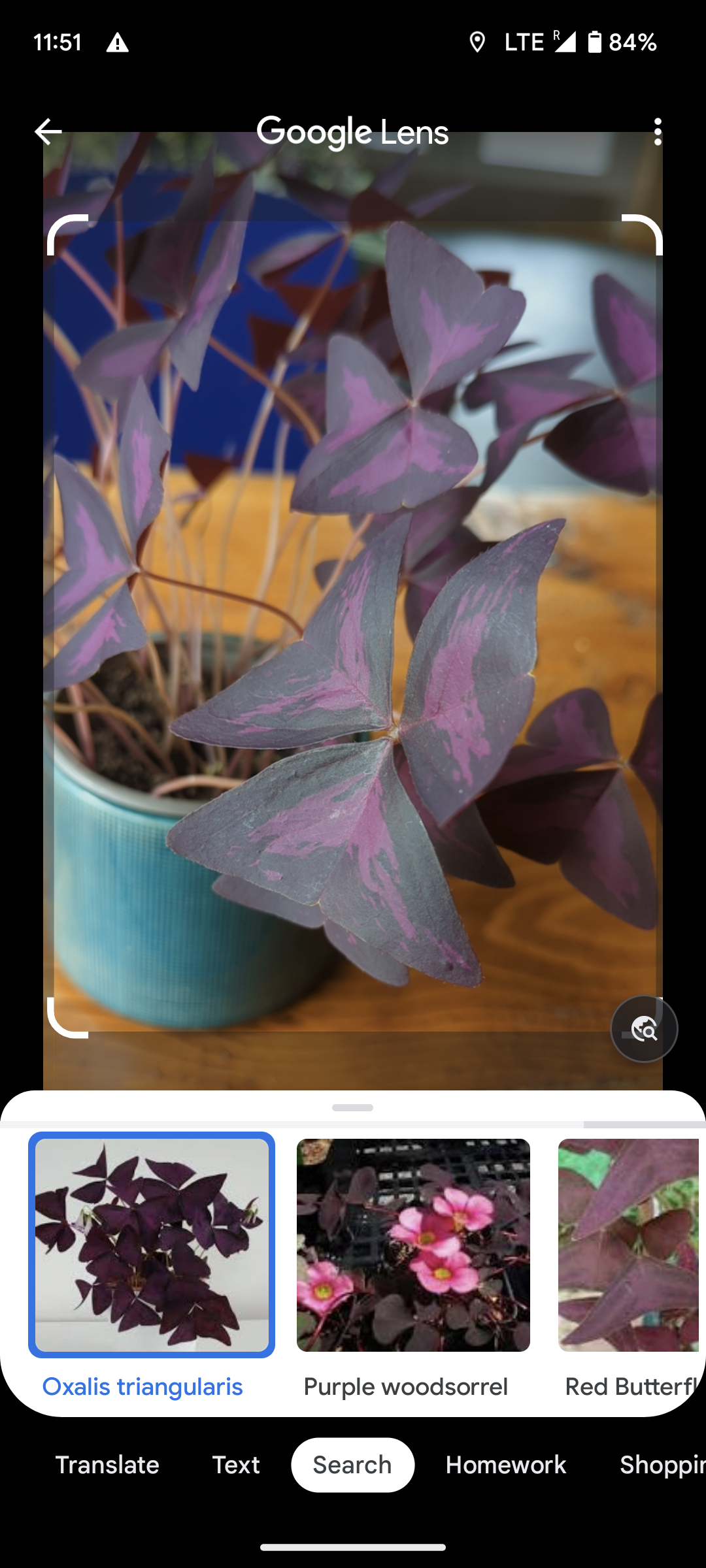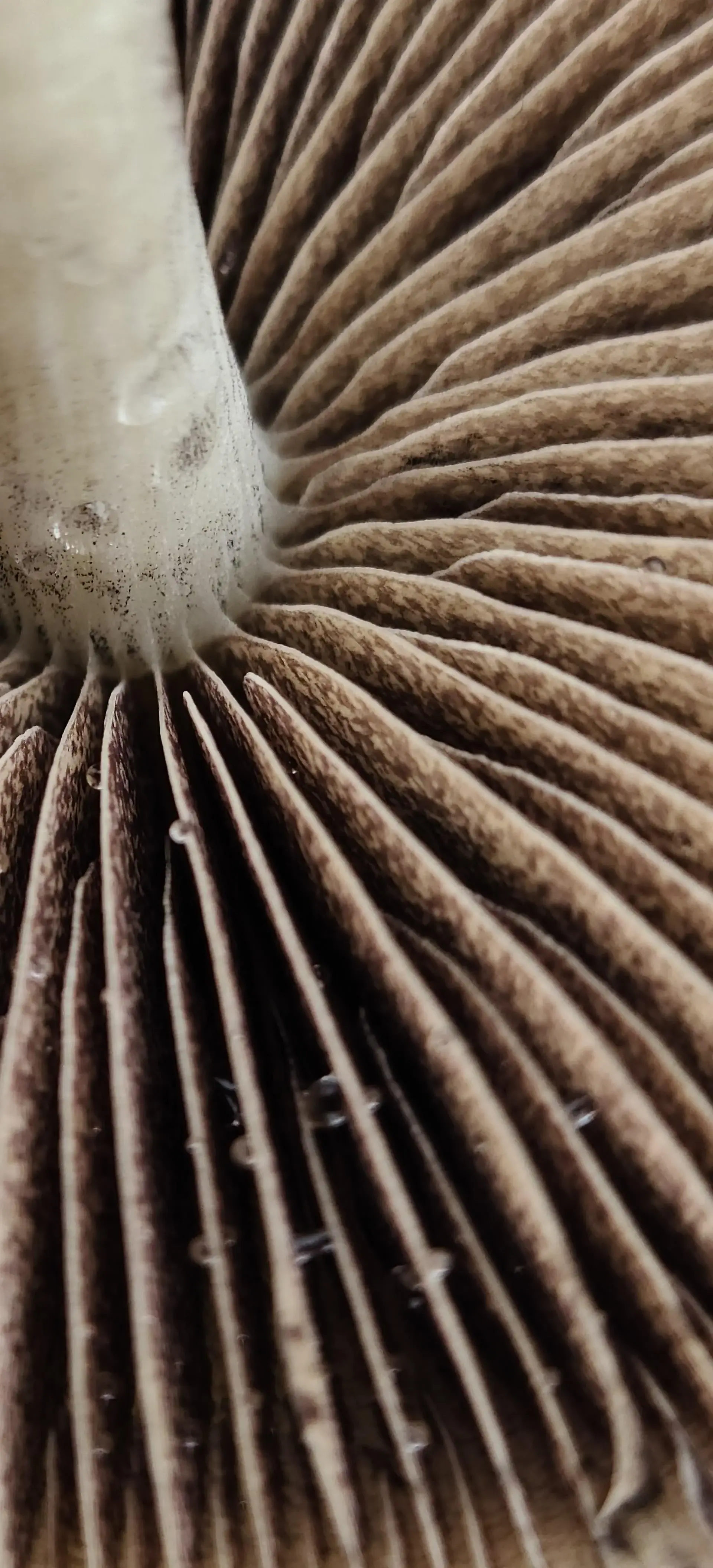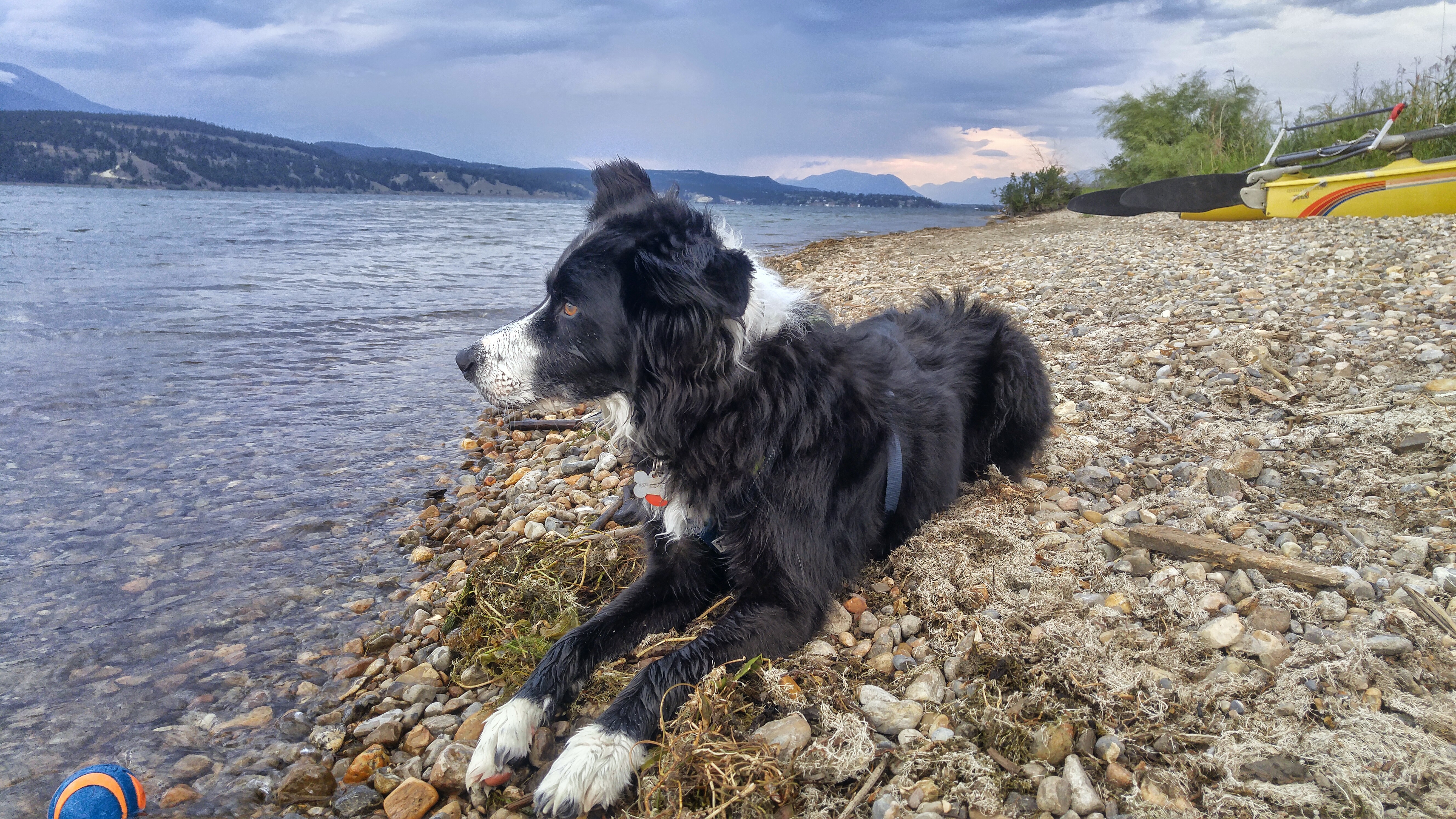Would appreciate any species identification you can provide for any of these. I would have liked to post four photos as I have split my pics into four groups: flowers, trees, small flowers/weeds, grasses/bushes/shrubs.
Will likely post the other three images over time but I don’t want to flood the forum all in one go.
I usually take photos like these when out walking as I like to pay attention to what’s happening in different locations/different seasons. These photos are from a recent trip abroad - not used to finding such a variety of colour. My pics are usually of different leaves, buds, catkins and twigs - all browns, reds and greens.
I often wonder whether/what people in days gone by used the local plantlife for. Would like to increase my knowledge on this as a casual project over time. Seemingly unremarkable weeds that we see all the time and fail to consider, might have been sought after commodities in pre-historic, ancient or medieval times.
I think it was when first reading about gruit that I started to look differently upon previously overlooked verges at the side of a road etc. From there the rabbit hole deepens…
Consider running some of these through the new plant id bot: !plantid@mander.xyz
Once you know the plants, you’ll be able to look up the climate zone and make a guess from there?
Please excuse my ignorance, but what is this plant id bot and how can it be used?
If you create a post on that community with a photo of a plant, the bot will try to identify the plant and post the name in the comments.
It is still a very new bot so there are some oddities to be worked out, but it’s been fun seeing people test it out.
This sounds really great, thank you very much for explaining. So !plantid@mander.xyz is not only spelled like, but indeed a community (have subscribed now). Never thought of such usage of Lemmy, this are really exciting times (in technology) :)
I use Seek and PlantNet for plant identification on my phone. Seek is better interactively but PlantNet is better for static pictures since it can give you probabilities of likely plant species. I would run your photos and then start your deep dive.
I have recently started identifying every plant I can see to best see what is useful and what I should pull. Getting into Native Plant Gardening will help you identify what is native around you.
FYI, I believe you can insert individual photos into the BODY section. Just click the ‘image’ icon (3rd from left on Jerboa) and choose your photos. It will insert them into the main body of your post.
Also, I wanna say east coast US for these. Probably waaayyyy off. Nice photos, btw!
Thanks for the nudge on how to post more photos, and the compliment on the photos themselves 😁
East coast US must be a beautiful environment to explore. These pics are however from northern Italy, roughly latitudinally equal to the coast of Maine near the border with Canada. That kind of blows my mind because Italy seems quite southern to my European mindset.
Try Google Lens if it’s available to you. I was curious about a houseplant at a restaurant not too long ago, and Lens was pretty good at identifying it.

Impressive, thanks.
I think bottom right is a wild geranium, not sure of the species but that might be a place to start.
Thank you. Following your lead it looks to be a Geranium Nodosum but I need to dig a little deeper to find a closer match than the top 5+ most common variants that I’m currently finding. Quite a few Nodosums have petals that appear wider overall, and more crenated.
I’ll try out the various apps suggested here as I imagine their lists of varieties will be more extensive.
Hi @FluminaInMaria@mander.xyz , assuming that your photos are taken digitally, the original pictures might have location information from GPS inside them (in the so called exif-data).
There are several services on the web (search for “online exif data viewer”) where you can upload photos and let display the information and location on a map (if information is inside the pictures). Have never used such service and also are no friend of such online-services, so can not really give recommendation.
Judging from the top center one only (Succisa pratensis or a relative to it), you were in Sweden. But the others are not wild here afaik, so… probably somewhere else.
Top right, the one lower on the photo, looks like some kind of Spiraea.
Thanks, have added these names to the photo. The Spiraea was in the garden of the hotel, just west of Verona. Most of the flowers were from Lombardia in the hills to the west of Lake Garda.
The photo of the Succisa Pratensis wasn’t very flattering compared to some of the patches we saw of it. I thought I had taken a nicer photo of it showing more abundantly but apparently not. According to Wikipedia it was used to treat scabies, and sores caused by bubonic plague. Now it’s just a weed or a meadow flower I guess. Will do some further reading - thanks again.
:)
Left top one looks like common weed - it is pain to get it from my garden. (Convolvulus arvensis L.) .
Middle one is used as cattle feed - (Trifolium)
We have Convolvulus in our garden that keeps getting in under the rear fence from a neighbour. Ours doesn’t flower that often but it’s really aggressive in how it grows. Have you found any effective ways of stopping it from spreading, or ever felt that you’ve managed to completely eradicate it only for it to come back?
Thanks for the answers :)
Not a big botanical expert, but bottom left and bottom middle look like oleander. We have one of those as a potted plant on our terrace.
Thank you. There were so many Oleander on our trip. Such a joyous burst of colour. I really like the leaves as well.







